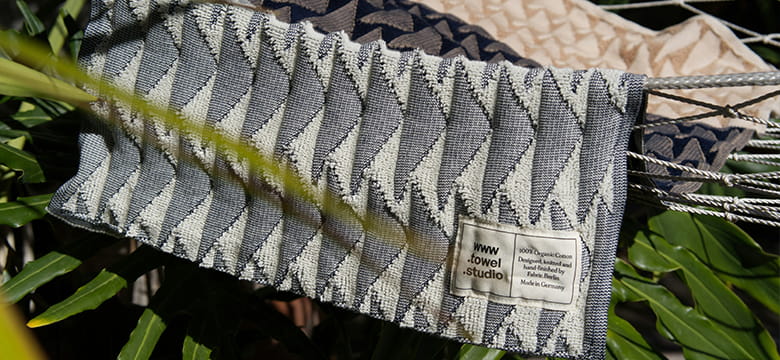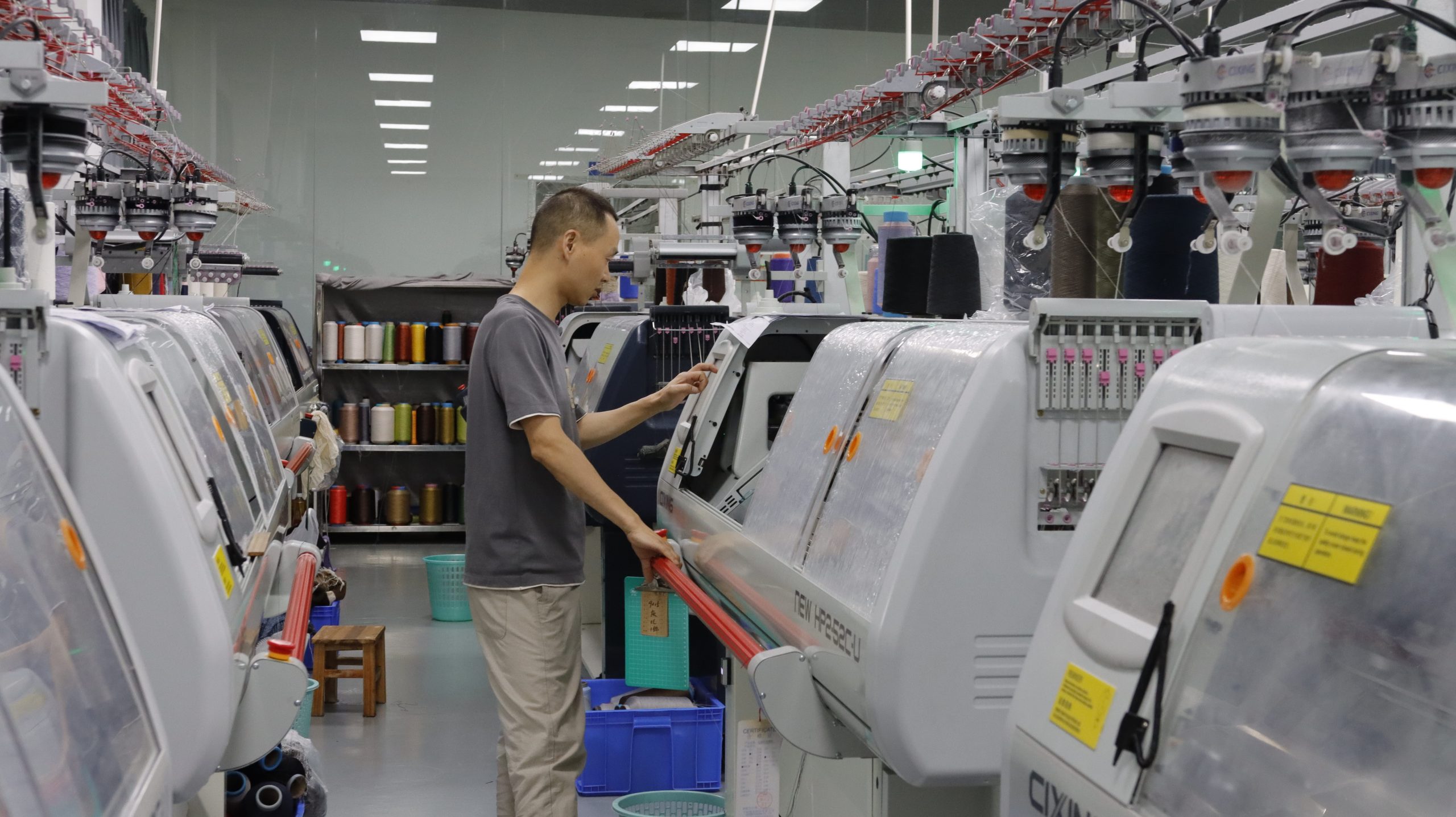В мире быстро меняющейся моды и развивающихся тенденций важно замедлиться и пересмотреть наш подход к одежде. Представьте себе шкаф, наполненный вещами, которые не только улучшают ваш внешний вид, но и заставляют вас чувствовать себя хорошо от своего выбора. Примите участие в движении за одежду из органического хлопка. – the forward-thinking, environmentally conscious option that is increasingly popular among consumers.
If you’re unsure of whether or not it’s worth the expense and effort to purchase organic cotton clothing instead of conventional cotton-based clothing, we’re here to assist you. All you have to do is respond to two simple questions:
Are you concerned with the safety and happiness of the people who create your clothing?
Is it important to you that waterways, ecosystems, and animal habitats are contaminated with mortally toxic chemicals?
If you answered yes to either of these inquiries, organic cotton is the material’s fiber! Organic cotton is comprised of cotton that is cultivated without the use of chemicals, fertilizers or pesticides. That’s the end! Farmers employ rotation methods, beneficial insects, and human assistance to cultivate their crops in lieu of harmful chemicals – they cultivate nature instead of the chemicals.
Conventional cotton is considered the world’s most polluting crop, as it employs more pesticides than any other crop in the world. Also, the GMO varieties of cotton are frequently employed in conventional agriculture. These chemicals are employed to regulate pests and increase yields of crops, but they can have harmful environmental and health effects.
Every year, approximately 200,000 people are killed by pesticide poisoning, and more than 300,000 farmers are afflicted by chronic diseases like cancer, Alzheimer’s, Parkinson’s disease, hormonal imbalances and developmental issues. Many of these farmers are impoverished and have no alternative but to take low-paying jobs like applying toxic chemicals to cotton plants. Frequently, the farmers are uneducated or unable to read the toxic warning labels on the packaging because the information is written in a foreign language. They’re forced to consume products that are dangerous without the capacity to make an informed choice.
Organic cotton farming promotes the health of the farmers by eliminating toxins that are harmful to the health and by creating social, economic, and environmental benefits that contribute to the wellbeing of their communities. Because organic cotton farming necessitates more labor-intensive methods of farming than conventional farming, there is a greater demand for laborers. This promotes employment within the community, creating opportunities for local residents. These jobs are particularly important in rural areas, which have a lack of opportunities.
The practice of farming organic cotton necessitates communication between members of the community. Organic farmers that have experienced the permaculture method may provide guidance and training to new farmers, this will help to develop local expertise and abilities. Often, these practices are in agreement with traditional and significant agricultural methods. This can promote the cultural heritage of rural communities and instill a sense of pride and belongingness among their members.
Another detrimental side effect of chemical toxins used to cultivate cotton is the excessive consumption of water and pollution. Conventional cotton typically relies on water from the surface or ground to irrigate, while organic cotton is flooded. Organic cotton farming methods promote healthier soil that is more effective at retaining moisture, this diminishes the necessity of irrigation to a great extent. Irrigation has a negative impact on the local ecosystem, this is because water is diverted away from natural rivers and lakes in order to be used on the cotton plants instead. Water deficiency is becoming a more dangerous issue as the temperature of the planet continues to increase, and conventional cotton farming is contributing to the issue.
Other sources of water for the community are also adversely affected by the chemicals that are removed from conventional cotton. Drinking water and food production are directly affected by the toxic chemicals that cannot be decomposed or metabolized, these chemicals remain in water and soil for a long time. Growing organic cotton instead of conventional cotton decreases the amount of water pollution by 91%, according to Water Footprint. Organic cotton promotes biodiversity in the soil and helps to mitigate the effects of climate change by preventing harmful chemicals from entering water sources and other habitats.
Organic farming methods like crop rotation and the utilization of cover crops facilitate the storage of carbon in the soil. This also has the potential to mitigate climate change by decreasing the carbon footprint of cotton production.
Organic cotton clothing is more safe for you, the consumer, because it is created without toxic chemicals like formaldehyde, ammonia, or softening agents that would be transferred to you in small quantities with every wear. With organic cotton, you won’t have toxins built into the fibers of your clothing – this is a simple to understand for consumers with allergies or sensitive skin.
Additionally, organic cotton is typically associated with superior clothing. Without the use of harsh chemicals to cultivate cotton, the fabric is more soft, more durable, and maintains its shape and color over time. When purchasing Passion Lilie’s organic cotton clothing, you can be certain that your clothing will have a long life. When organic cotton clothing reaches its intended lifespan, it’s less likely to contribute to landfill waste because it’s more biodegradable than conventional cotton.
You can truly make an impact for farmers, their families, and the planet through your purchasing power. When shopping, be aware of the logos of certifying organizations like the Global Organic Textile Standard (GOTS), Organic Content Standard (OCS) or the Soil Association. These organizations guarantee that your products have achieved the highest standards of organic production throughout the supply chain, from the farm to the finish.
When you support brands that devote funds to organic cotton, you’re advocating for the farmers and their families. Selecting organic cotton promotes farmers who are committed to environmentally responsible and sustainable farming methods. It promotes the practice of environmentally friendly methods that preserve the planet and have a long-term effect. Your purchase of organic cotton clothing demonstrates that brands can succeed by committing to small, sustainable, chemical-free farms, and that we are willing to pay you for the protection they provide to people, animals, and the planet.
Selecting organic cotton is a deliberate and responsible choice that benefits both the environment and human health. By wearing cotton clothing that is organic, you’re contributing to the practice of sustainable farming, you diminish the use of harmful chemicals, and you promote a healthier planet. You’re not purchasing clothing alone; you’re also funding a more positive impact for the farming communities of the world. Therefore, the following time you shop for clothing, consider the obvious choice: organic cotton. Your wardrobe will recompense you, as will the planet.

 English
English Deutsch
Deutsch Français
Français Italiano
Italiano Español
Español Русский
Русский Polski
Polski Nederlands
Nederlands Svenska
Svenska


